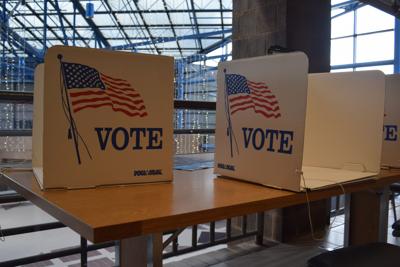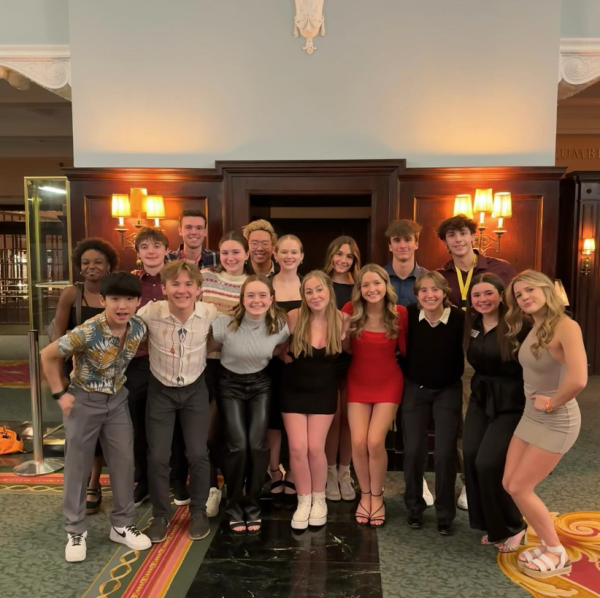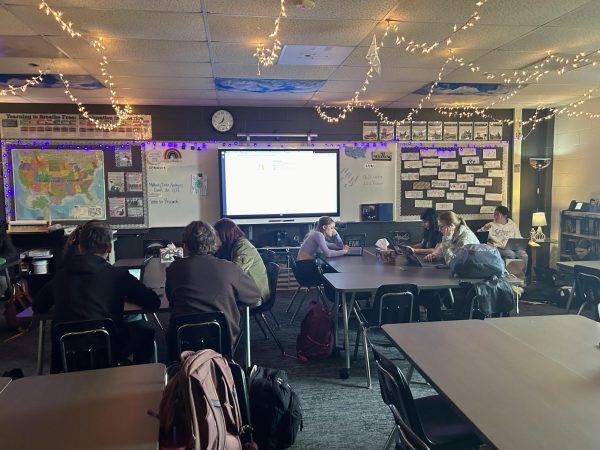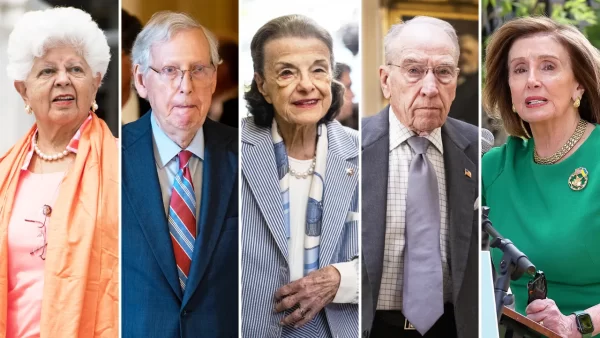Reflection on the Local Elections
Candidate Sharon Pizzuti
People came out to vote for a variety of candidates and proposals this November 5th. Although the 2019 Elections do not carry the weight of determining a new president or senator, they are still an important component to our community and our democracy as a whole.
This year, voters in Michigan had the option to stay home for their election day. This was the first election since the Proposal 3 passed strongly in 2018, which included eight voting measures. No-excuse absentee voting – which allows voters to stay home for any reason – was implemented in hopes of increasing voter turnout, and the state constitution was amended to provide overseas military personnel with an absentee ballot.
So did these voting measures have their desired effects? Not quite. The voter turnout was low as usual, with a typical “off-year” election. Out of the around 57,000 voting age residents in Rochester, only around 11% came out to vote for their city council members. Ironically, it seems citizens place little importance on the elections closest to their communities.
So who were some of the candidates on the ballot this year? Mayor Bryan Barnett, a name most should recognize, received over 90% of the vote over his challenger Kimberly Bailiff.
“I’m grateful for the privilege to continue to serve our residents and keep Rochester Hills, the preeminent place to live, work and raise a family,” said Barnett after his victory.
I reached out to one of the City Council candidates with a connection to the school: Sharon Pizzuti. Mrs. Pizzuti is a long-time Rochester Hills resident, and her daughter, Zoe, is a senior at our Adams High School.
When asked about the nature of the position, she explained, “City Council at-large is a nonpartisan, election position. Their decisions cannot be based on political agendas or platforms.”
Unfortunately, Mrs. Pizzuti lost by a margin of less than two hundred votes, but she told me “If elected, I would have made decisions based on what’s best for the people which involves listening to the voices of residents, gathering data and making thoughtful, informed decisions that keep Rochester Hills moving forward. I have faith that our Mayor and City Council will continue to be the guardians of public trust and serve every resident”.
A number of amendments to the Charter of the City of Rochester Hills were approved this year. Most of these votes, however, were largely inconsequential. For instance, Amendment B would delete section 6.4 of the Charter, which pertains to the Rochester Board of Health: The board no longer exists and was superseded by the Oakland County Health Division.

Ballot Stations in Oakland County.
Most proposals to the charter passed overwhelmingly, except for one. Amendment F stipulates that the minimum age to run for local office be lowered from 25 to 21 years of age. This movement failed by only 100 votes and displays the power of each individual’s voice. Rochester Community Schools also had an initiative on the ballot: the Building and Site Sinking Fund. This fund would levy money from preexisting taxes for repair, construction, security, and new technology for the school district. The fund had an estimated value of $7.9 million dollars over ten years (2020-2029). With around two thirds of the vote, the Sinking Fund passed.
Election Day once again provided American citizens with a chance to make their voices heard and make an impact on their community.










